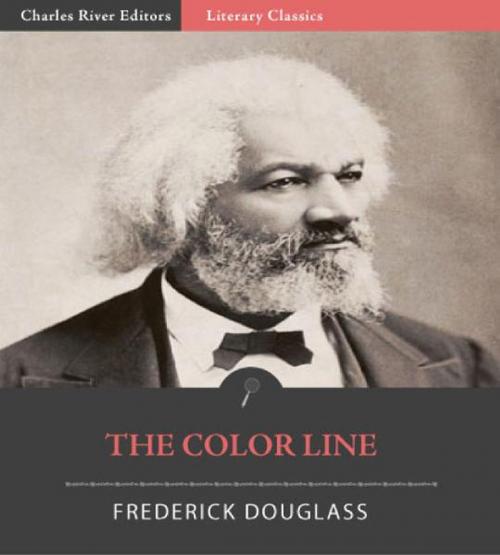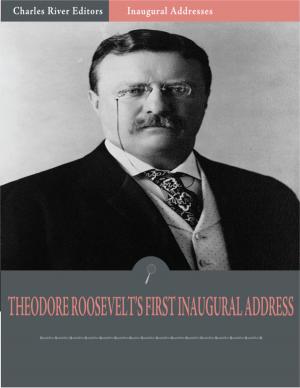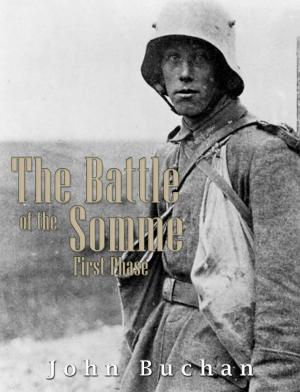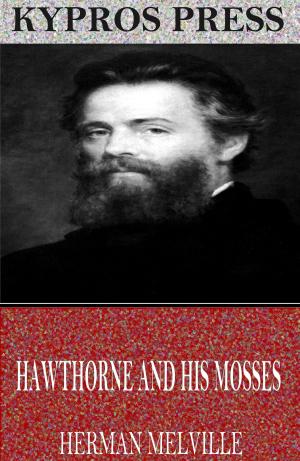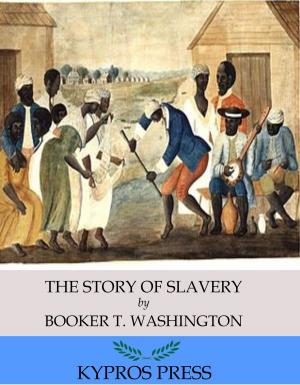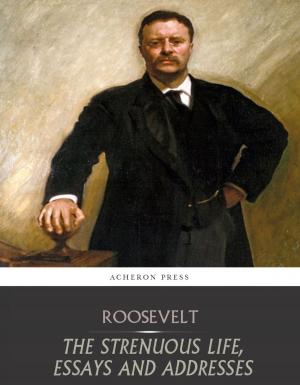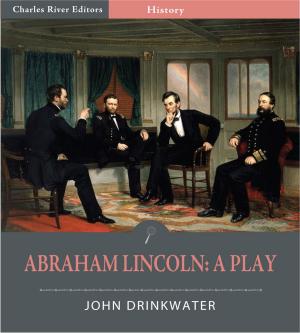The Color Line
Nonfiction, History, Americas, United States, Civil War Period (1850-1877), 19th Century| Author: | Frederick Douglass | ISBN: | 9781619828568 |
| Publisher: | Charles River Editors | Publication: | January 23, 2012 |
| Imprint: | Language: | English |
| Author: | Frederick Douglass |
| ISBN: | 9781619828568 |
| Publisher: | Charles River Editors |
| Publication: | January 23, 2012 |
| Imprint: | |
| Language: | English |
With the possible exception of Dr. Martin Luther King, Jr., no African American has been more instrumental in the fight for minorities civil rights in the United States than Frederick Douglass 18181895), an American social reformer, orator, writer and statesman. His list of accomplishments would be impressive enough even without taking into account the fact that he was born into slavery. Douglass originally stated that he was told his father was a white man, perhaps his master Aaron Anthony. When Douglass was about 12, his slaveowners wife Sophia Auld began teaching him the alphabet in defiance of the Souths laws against teaching slaves how to read. When her husband Hugh found out, he was furious, reminding her that if the slave learned to read, he would become dissatisfied with his condition and desire freedom. His words would prove prophetic. Douglass continued his advocacy all the way until his death in 1895. Douglass was a firm believer in the equality of all people, advocating on behalf of blacks, women, immigrants and even Native Americans. Douglass famously said, "I would unite with anybody to do right and with nobody to do wrong." This edition of The Color Line specially formatted for e-readers.
With the possible exception of Dr. Martin Luther King, Jr., no African American has been more instrumental in the fight for minorities civil rights in the United States than Frederick Douglass 18181895), an American social reformer, orator, writer and statesman. His list of accomplishments would be impressive enough even without taking into account the fact that he was born into slavery. Douglass originally stated that he was told his father was a white man, perhaps his master Aaron Anthony. When Douglass was about 12, his slaveowners wife Sophia Auld began teaching him the alphabet in defiance of the Souths laws against teaching slaves how to read. When her husband Hugh found out, he was furious, reminding her that if the slave learned to read, he would become dissatisfied with his condition and desire freedom. His words would prove prophetic. Douglass continued his advocacy all the way until his death in 1895. Douglass was a firm believer in the equality of all people, advocating on behalf of blacks, women, immigrants and even Native Americans. Douglass famously said, "I would unite with anybody to do right and with nobody to do wrong." This edition of The Color Line specially formatted for e-readers.
